“Disco is indeed catchy at some times, and it’s certainly danceable, but disco does seem to lack punch, as well as soul. Currently, EDM (electronic dance music) shares in many of these same qualities. Does this mean EDM will “die” just like disco did? Who knows? But culturally they occupy a similar niche”.
[The Pioneer]
“She’s up all night ’til the sun
I’m up all night to get some
She’s up all night for good fun
I’m up all night to get lucky”
It’s crass, catchy and now instantly recognisable, thanks to immense popularity last year. Written by Daft Punk, who were determined to ‘bring life back to music’, Get Lucky could be considered a strange anomaly when grouped with other EDM tracks from last year. Its uniqueness can be attributed to the guitar and production skills of Nile Rodgers, who in the EDM era, helped make a distinctly disco song.
In hindsight however, it’s interesting how a disco track was highly successful amongst a maelstrom of big-room sounds and drops. Daft Punk may have believed they were countering the norm with a unique sound but are disco and EDM that different, really? Or are there more similarities between the two than you think?
It has been mentioned by a few DJs and news articles in the past; the EDM boom is growing quite similar to the disco movement of the 70s. You might argue that this a given, of course modern culture can trace it’s roots to disco. However, The Pioneer has published an article where they denounce both movements, crying that disco was never an artistic or intellectual pursuit. In other words, if EDM is similar to disco, that shouldn’t be considered a good thing:
“No one listens to disco because it was a mostly hedonistic pursuit that only the privileged could pursue. Disco wasn’t exactly an intellectual or artistic pursuit, which is perhaps why musical history has frowned upon it. Only those with upper-class standing could afford to go to the expensive discos such as Studio 54 in New York.”
[The Pioneer]
At first, I must admit I was a bit miffed at this. Disco was far from a hedonistic pursuit for the privileged few. In the 70s, discotheques sprung up as a safe haven for minorities to get together and have fun. Hispanic, black and gay people met up, got ‘chemically happy’ and partied. You can also notice something similar with EDM, as young people across the globe discovered a new found love for electronic music and partying:
“[In the past] People danced and obliterated their minds to forget about the past and numb themselves from the present. And America’s youth is doing it again today, only the genre of music has a new name — electronic dance music, or EDM. Quaaludes have been replaced with ecstasy, platform shoes have been replaced with fuzzy neon-colored leggings. Much like disco, EDM has risen from the underground and overtaken American pop radio.”
[inlander]
But then I remembered clubs like Studio 54.
In the 1970s, it wasn’t long until it turned out that not only the down and outs wanted to ‘get down’. In fact, everybody wanted to forget their troubles, as disco’s popularity soared. Disco grew in power and influence and gave birth to the likes of Studio 54, where only the best and brightest were allowed in to party. Although disco may have had humble and brave origins, those ideals didn’t last long:

From out of the ether and the possibility to earn a lot of money, these clubs rose to power. As The Pioneer pointed out, they became onanistic havens for a select few:
The wild success of the 70s New York club has forever been put down to owner Steve Rubell’s first rule of partying: ‘The key to a good party is filling a room with guests more interesting than you.’ By 1978, within a year of transforming it from a theatre to a nightclub, Studio 54 had made $7million and Rubell was quoted as saying ‘only the Mafia made more money.’
[Daily Mail]
Sound familiar? It’s no secret that there are a select few who are making a fortune from EDM. DJs earn thousands in a single night, VIPs pay thousands to enjoy one night out and clubs establish DJ residencys like a major Premier League football club. For the right or hypocritical reasons, Deadmau5 has criticised the elitism involved with EDM, lest we forget the Club Space debacle:
“I fucking reamed out my agent for making me deal with that,” he wrote. “Putting fans in the back and trust fund kids up front is fucking stupid as fuck.” As a result, he “won’t be playing any more Miami clubs.” Instead, Zimmerman said, “I’d rather rent a venue / parking lot / beachfront and fuckin’ do it right.”
Extravagance, scandal and VIPs spending a fortune to maintain their image will always overshadow whatever’s blaring out of the speakers. Instead of criticising music as it is, it’s a shame that it’s more likely the brand or the ‘marketing’ side will always be scrutinised. But it has and always will be like this. Like EDM, millions were being made during disco, as people flocked to what was the next ‘hip’ or cool bandwagon. Deadmau5 has also foreboded these similarities and the oncoming pitfall:
“The way I see EDM right now, it’s a healthy industry for sure — minimal work for maximum profit,” said Zimmerman at the publication’s recent FutureSound Conference. “EDM is, like… Event-Driven Marketing, I think, is the acronym there. It reminds me a lot of disco. That had some hang-time, like 10, 15, 17 years tops… Not too many people are forward thinking about electronic music, they’re just kinda like, ‘now now now do it do it.'”
[SPIN]
So as always, there are people making a mint… big deal. But what about the average punter, the one just looking to have a good time or to be part of something? The guys who do care what’s blaring out of the the speakers? If you look at disco and EDM with a more ‘grass roots’ approach, the similarities keep on coming.
As with any cultural movement, the fashion should be indicative of what the young people are involved with. Mohicans, tie-dye shirts and Converse all have cultural and historic backgrounds. Looking back on the fashion of the disco era, the first image that pops into your mind is a brightly clad twat pointing to the sky in ridiculous shoes.
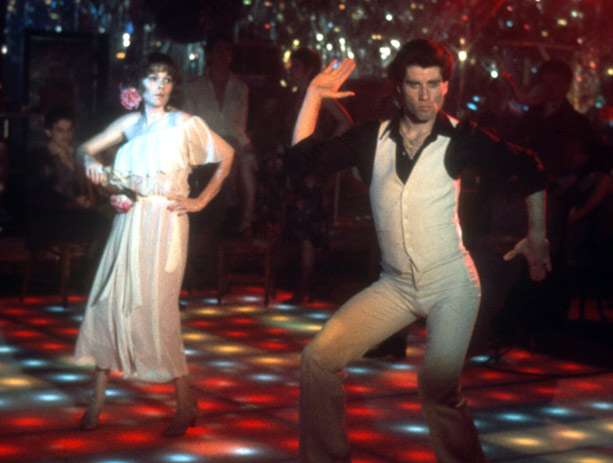
Years from now, I think it likely that the kids will look back on this era and think of this:
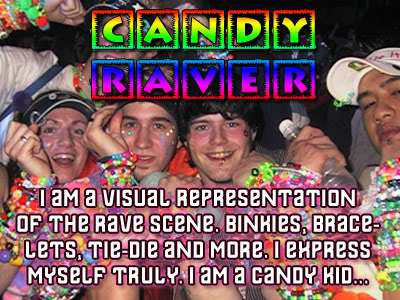
Yowza.
Of course, both of those are highly stereotypical and generalisations of the movements. But terrible clothes, aren’t the only stereotypes. Another staple of EDM is it’s emphasis on ‘PLUR’. You can trace this to disco, with it’s beginnings in bringing ethnic and sexual minorities together. Disco and whatever came afterwards had it’s roots steeped in love, sexual freedom and acceptance:
What I am hoping is that this time around, the loving, inclusive nature of early disco with its gay, black and Hispanic clientele, an attitude that to many is synonymous with the best club nights, will combine with the carefree, fun nature of disco’s first revival to give us something beautiful.
[With The DJ]
The Rave movement of the late 80s and early 90s attributed to this notion as well; 1988-1989 has been called the ‘Second Summer of Love’ due to the acid house, LSD and MDMA boom. From the early 90s it is said that the origins of ‘PLUR’ can be found, after a DJ yelled ‘Peace Love Unity and Respect’ to try and break a fight up.
With EDM today, you can find these ideals in many aspects; there’s even a website called peaceloveedm.com:
“With our belief that we citizens from around the world are all united through the power of music, it is our mission to make the world a better place. We Love Good Music. We Love You. We love to Spread the Love of Both, One Beat at A Time.”
[peaceloveedm]
From Kandi ravers priding themselves as being the happiest beings on the planet to superstar DJs making heart signs to their adoring crowd, you can certainly feel the love. If you’re still looking for love, you can visit EDM-Date.com and find someone to buy festival tickets for you. This ideal of ‘PLUR’ may be freely accepted yet it is still challenged by some. So like disco, EDM allows a platform to fight back and express yourself, as some of our own writers have pointed out:
In the EDM culture, women are claiming their sexuality as their own. We are sexual beings with beautiful bodies that we may or may not want to show off. So maybe the EDM culture is sexist, but it is not because of the way we dress, it is because people still think that the way we dress is a problem.
[YourEDM]
Of course, if you’re not feeling it, drugs can help a little bit too.
In the disco era, drug use was rampant. As mentioned before, it seemed to be part of the hedonistic lifestyle many wished to pursue. Realistically, after the harsh times of the 60s, taking drugs just seemed like a much more fun option. For a period, the drug of choice was ‘Quaalude’:
The world was getting Quaalude-quazy. High school and college kids were “lulling out”-taking 300-450 mg of methaqualone with – wine. “Juice bars” became the new speakeasies, dispensing fruit juice to luders instead of bathtub gin, plus disco music for dancing. When legal prescriptions became difficult to get, ludes went underground, obtainable from cooperative doctors and, on the street, from diverted legal shipments.
[Drugtext]
History repeats itself and EDM has been fraught with drug use, sometimes leading to tragic results. While the Electric Zoo tragedy was a terrible and unforgettable low, some even attribute EDM’s success to drug use:
The reasons for the recent explosion in dance music in the US are many. Great visual shows, huge investment, a generation of homegrown talent, the rise of dubstep – take your pick. But even the most straight-edge ‘only-in-it-for-the-music’ clubber would admit that the widespread availability of experience-enhancing stimulants has a hell of a lot to do with it. And even Madonna knows that the stimulant of choice for EDM is ‘Molly’.
[Mixmag]
So, we have drugs, bad clothes; good music and a lot of money being made. But how did the disco movement end? Will EDM end the same way? For the sake of all of us, I hope not. After year upon year of banal and repetitive music, many began to feel pretty strongly about the disco onslaught and set about beginning the ‘Disco Sucks’ movement. At Comiskey Park, a demonstration took place involving a lot of disco records and explosives. Spectators at the park found themselves locked in and forced to bear witness to the following declaration:
“This is now officially the world’s largest anti-disco rally! Now listen—we took all the disco records you brought tonight, we got ’em in a giant box, and we’re gonna blow ’em up reeeeeeal goooood.”
“According to historian Gillian Frank, “by the time of the Disco Demolition in Comiskey Park, the media commonly emphasized that disco was gay and cultivated a widespread perception that disco was taking over”. Performers who cultivated a gay image, such as the Village People (described by Rolling Stone as “the face of disco”) did nothing to efface these perceptions, and fears that rock and roll would die at the hands of disco increased after disco albums dominated the 21st Grammy Awards in February 1979.”
[Wikipedia]
You can’t not notice some similarites beginning to emerge; people are bound to grow sick of it eventually. The BRIT awards, thanks to EDM’s popularity, are considerably more saturated with electronic music. Disclosure, Rudimental, Calvin Harris have all received nominations and let’s not forget Skrillex’s string of Grammy awards. British miserabilist Noel Gallagher has noticed the decline of rock music in the BRIT awards, no doubt as he’s a product of the pop-rock heavy Brit Pop era:
“I mean, who the fuck is Ben Howard? I suddenly felt very old tonight,” he is quoted as telling the Mirror newspaper. “I’d never heard of anybody. I’m sure he’s brilliant but where are all the rock bands?”
[live4ever]
Not that I’m suggesting Noel Gallagher wants to gather a bunch of 18 Months records in Manchester Stadium and blow them sky high.
So, do you think EDM and disco share the same cultural niche? Will EDM meet a similar, grizzly fate? The ‘four-on-the-floor’ kick drum has pounded it’s way through the decades like a heartbeat, heralding both good times and bad times; it’s unlikely it will ever leave. Nile Rodgers has been there from the beginning and involved with both movements. Following the success of Get Lucky, Mixmag asked Nile if he noticed any similarities between disco and EDM:
“Absolutely. In a way, I think things are actually worse than before. The gap between the haves and have nots is getting wider. People who are poor figure out a way to have fun regardless of what’s going on. Also, what was cool about the disco era was you could be anything you wanted. You could be really flamboyant, or suave and sophisticated, like my partner Bernard Edwards. That was unlike any other time in music apart from now, with EDM.”
[Mixmag]

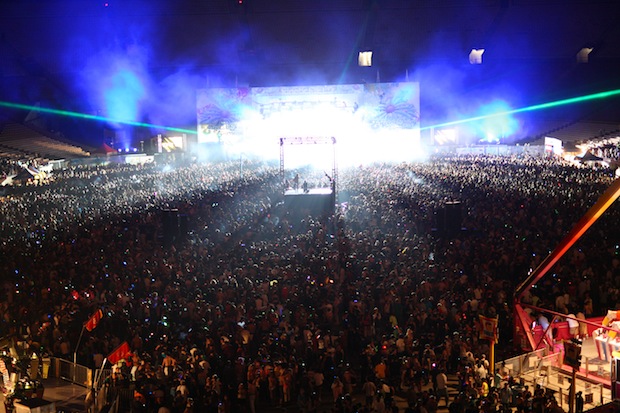


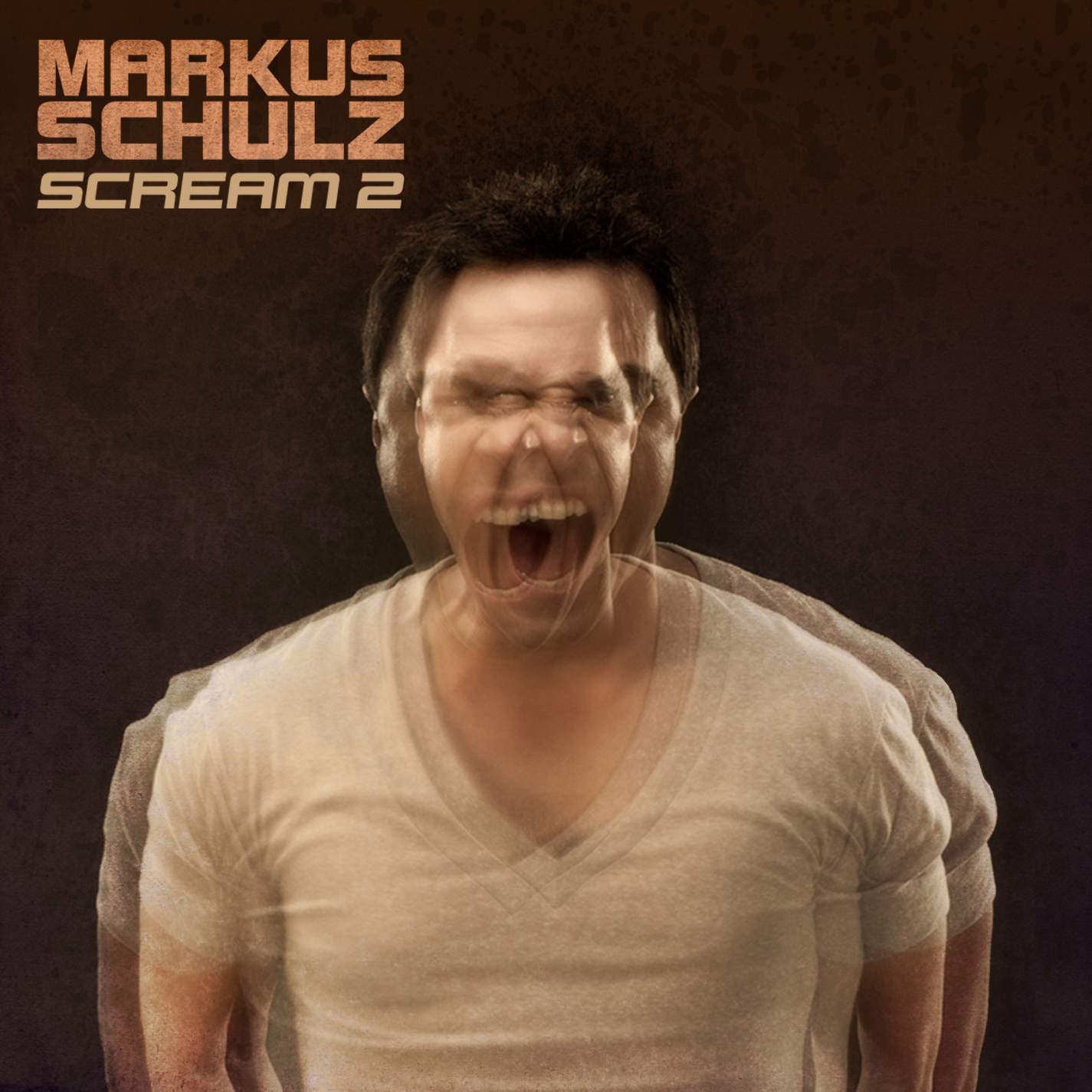
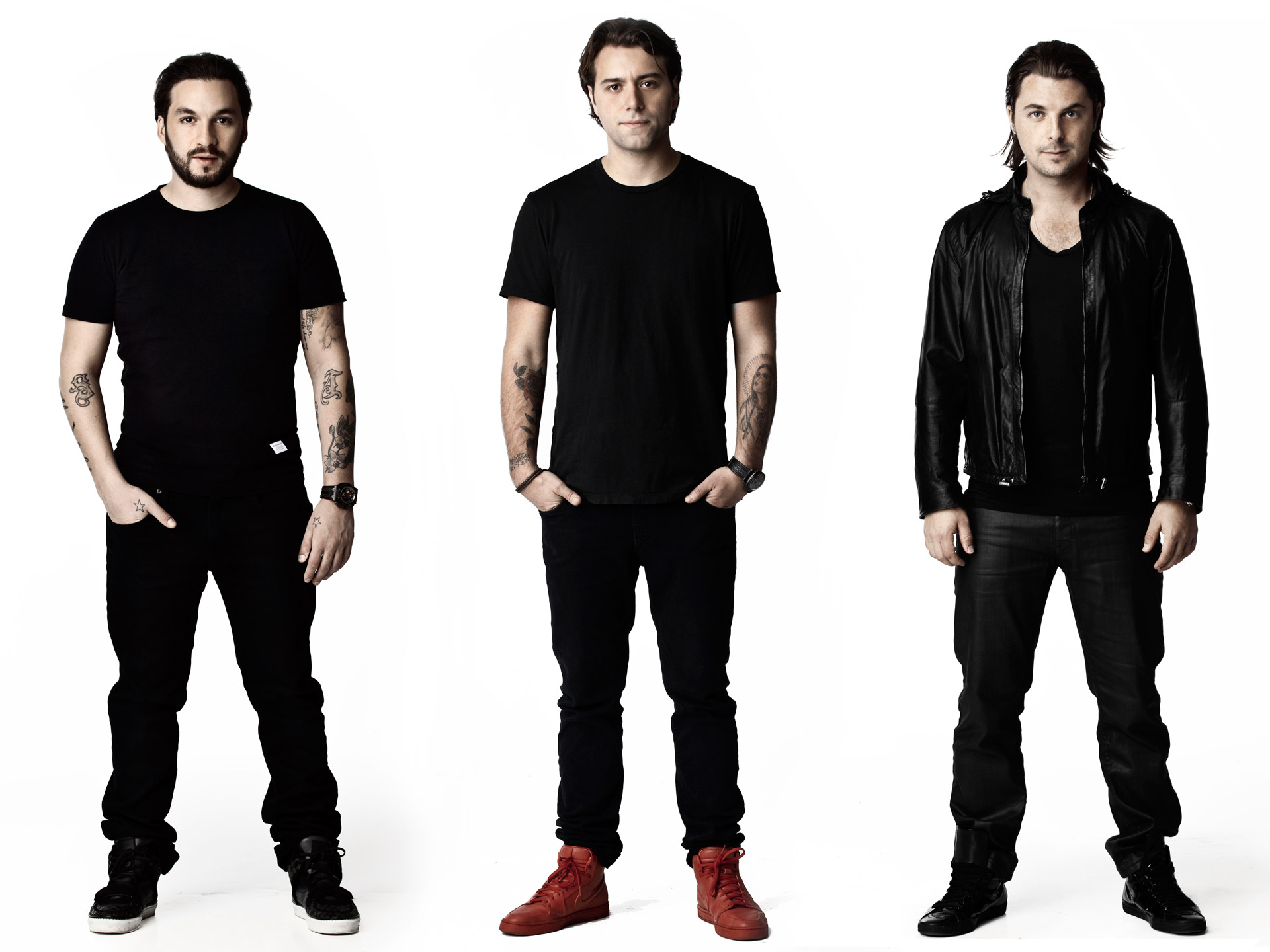


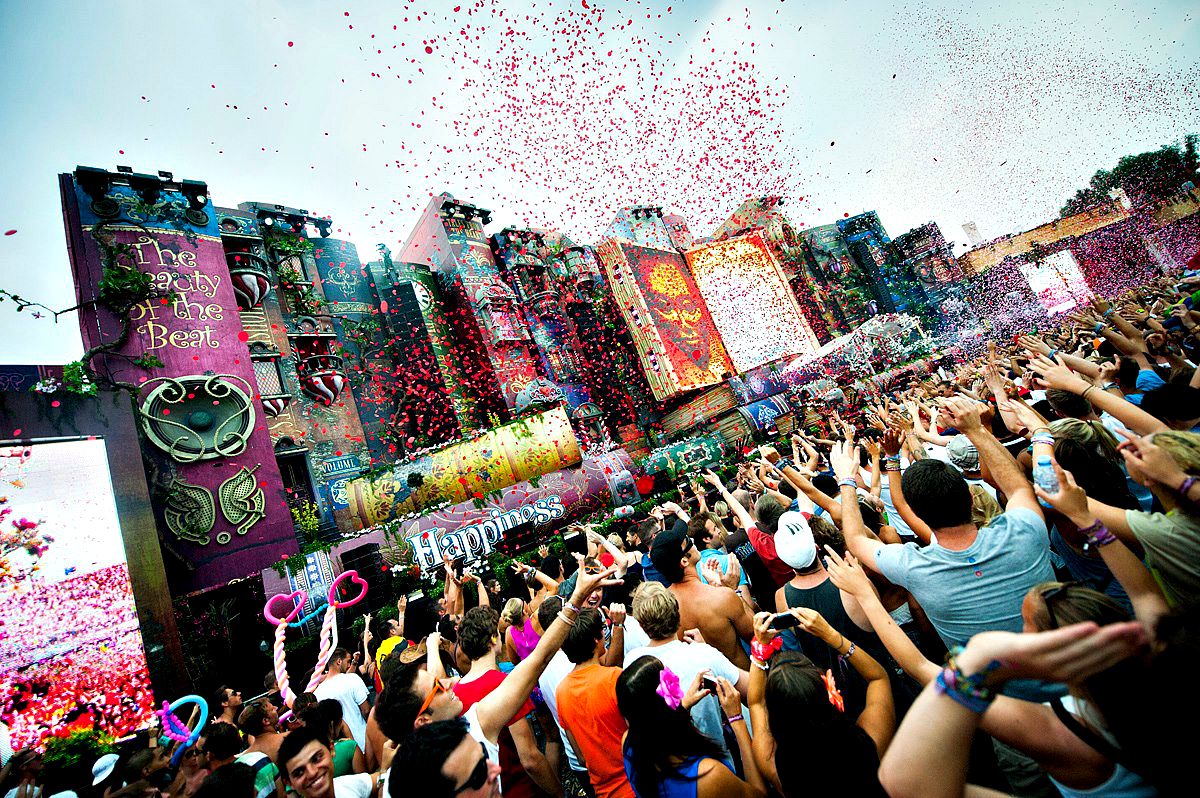
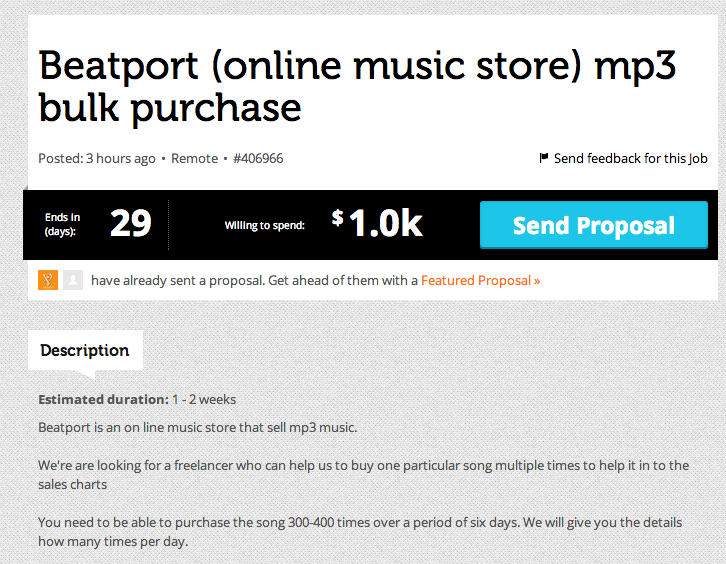
I was really excited to read this….then my mouse broke with all the scrolling I had to do. tldr
A Great and a very well written article here. A friend of mine said that end of EDM would be the promoters themselves. Promoters wanting to have more money then the artist which leads to the artist not wanting to play for the crowd. I didn’t see any of this yet, but for now, it’s just a theory. My brother keep saying it’s going to end soon but I don’t really see an ending to this. I feel like it’s just become a niched genre where there it still has a fan base but it’ll won’t be popular like with thrash metal in the 1980’s. When the popularity isn’t there any more but we’ll still be welcoming new people into the scene and you’ll always fit in.
Brilliant article! I think what really sets this scene apart from disco (and please let me know if I’m being ignorant, because I’m not too familiar with disco) is the great expanse of genres EDM covers. You can listen to countless genres and still be listening to “EDM”. The sounds made by computers is literally infinite, which is why I think this is the music of the future. Dubstep, trance, house, hardstyle, etc. New sounds will always be made, and put to a rhythm. It really comes down to what sounds become popular. There’s a song by Belgian duo Milk Inc. called La Vache 2013, it has a weird Arabian hook. The music video (just a bunch of clips from their live shows) makes it look like the masses are celebrating this amazing new sound, an audible discovery that just *clicks* in the minds of the audience. And just like the big room explosion of 2013, I think we’ll be going through phases like this. There’s something about the way a computer can mess with sounds, from dubsteps wubbs, the 8-bit chip tune, to the classic effects that acoustic music can’t capture. I think this scene is here to stay, but will evolve, just like it has from the 90’s rave scene.
digital age…everything is and will be done electronically…music is going to follow. We have had different platforms from which music genres branched out from. There was classical, jazz, and now electronic.